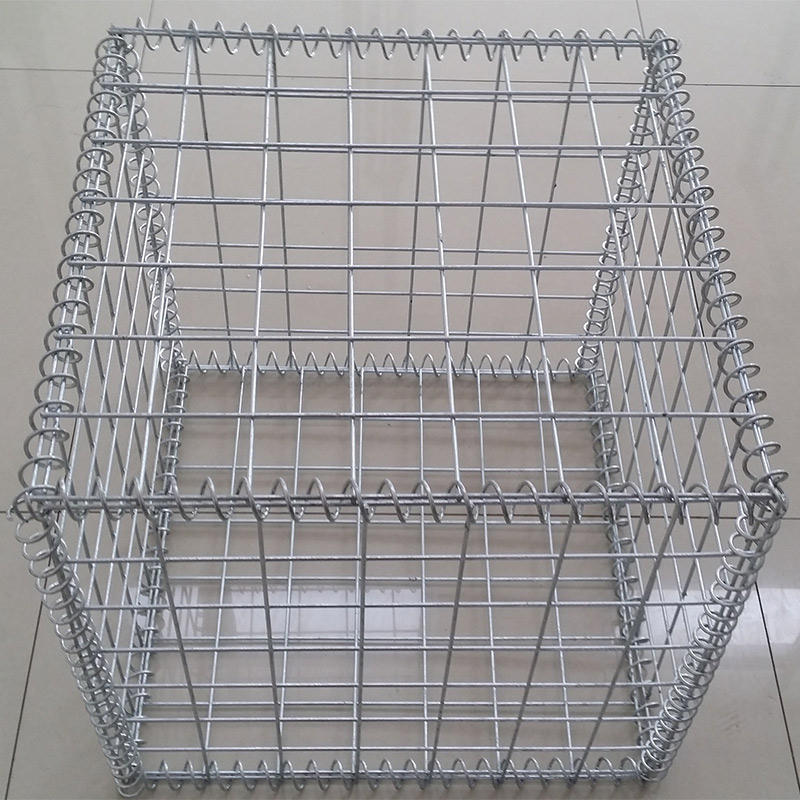Dec . 23, 2024 09:39 Back to list
cold drawn steel bar
The Significance of Cold Drawn Steel Bars in Modern Industry
Cold drawn steel bars are an integral component in various industrial applications. Their unique properties, derived from the cold drawing process, make them highly sought after in construction, automotive, aerospace, and manufacturing sectors. This article delves into the characteristics, advantages, and applications of cold drawn steel bars.
Understanding Cold Drawn Steel
Cold drawing is a metalworking process that involves pulling a steel bar through a die at room temperature. This method results in a number of beneficial changes to the steel’s structure and properties. Due to the cold drawing process, the steel bars undergo an increase in tensile strength and yield strength, along with an enhanced surface finish. These transformations occur without any heat application, allowing the steel to retain its dimensional accuracy and mechanical properties.
Key Characteristics
1. High Strength One of the primary advantages of cold drawn steel bars is their increased strength. The process of drawing steel at room temperature enhances its grain structure, leading to improvements in yield and tensile strength. This strength makes cold drawn bars suitable for high-stress applications.
2. Dimensional Accuracy Cold drawn steel bars are produced to precise specifications. The tight tolerances achieved during the drawing process ensure consistency in dimensions, which is crucial in applications where fit and form are significant.
3. Surface Finish Cold drawn bars have a smooth, polished surface that is free from scale and oxidation. This superior finish not only enhances aesthetic appeal but also reduces friction in applications where sliding or rotation occurs.
Advantages of Cold Drawn Steel Bars
The benefits of cold drawn steel bars extend beyond their physical properties. Some of the key advantages include
cold drawn steel bar

- Improved Wear Resistance The cold drawing process imparts a hardened surface to the bars, enhancing their resistance to wear and tear. This quality is particularly advantageous for components that operate under high friction conditions.
- Cost-Effective Manufacturing Although the initial processing might be more intensive than hot-rolled alternatives, cold drawn steel's durability and enhanced performance can lead to savings in the long run. Products often last longer, reducing the need for replacements.
- Customizability Cold drawn bars can be tailored to meet specific customer requirements, including mechanical properties and surface treatments, making them suitable for specialized applications.
Applications of Cold Drawn Steel Bars
Cold drawn steel bars find widespread usage across various sectors
- Construction These bars are commonly employed in structural applications, such as beams and reinforcements in concrete structures, due to their strength and reliability.
- Automotive In the automotive industry, cold drawn bars are used for manufacturing components that require high strength and durability, such as shafts, axles, and suspension parts.
- Aerospace The aerospace sector utilizes cold drawn steel bars for producing critical components that must meet stringent safety and performance standards due to their excellent mechanical properties.
- Machinery and Equipment Various machinery applications rely on cold drawn bars for making shafts, pins, and other structural components that demand high wear resistance and strength.
Conclusion
In summary, cold drawn steel bars play a pivotal role in modern manufacturing and construction. Their enhanced mechanical properties, dimensional accuracy, and versatility make them a preferred choice across numerous industries. As technology advances and the demand for high-performance materials continues to grow, cold drawn steel bars will remain a vital component in engineering solutions, contributing to safer and more efficient structures and machinery.
-
High Quality Roll Welded Wire Mesh for Concrete Reinforcing BWG22 Galvanized Mesh Rolls Factory Direct
NewsJul.04,2025
-
High Quality Deformed Steel Bars China - Leading Manufacturers & Suppliers
NewsJul.04,2025
-
12mm Stainless Steel Wire Mesh for Industrial & Commercial Use Top Quality Factories & Manufacturers
NewsJun.24,2025
-
Black Annealed Wire Specification - High Quality & Custom Options from Leading Factories, Suppliers, Manufacturers
NewsJun.10,2025
-
High-Quality 18 Gauge Black Steel Wire Reliable Factories & Suppliers
NewsJun.10,2025
-
Chain Link Fence Gates - Durable & Secure Access Solutions
NewsJun.10,2025

